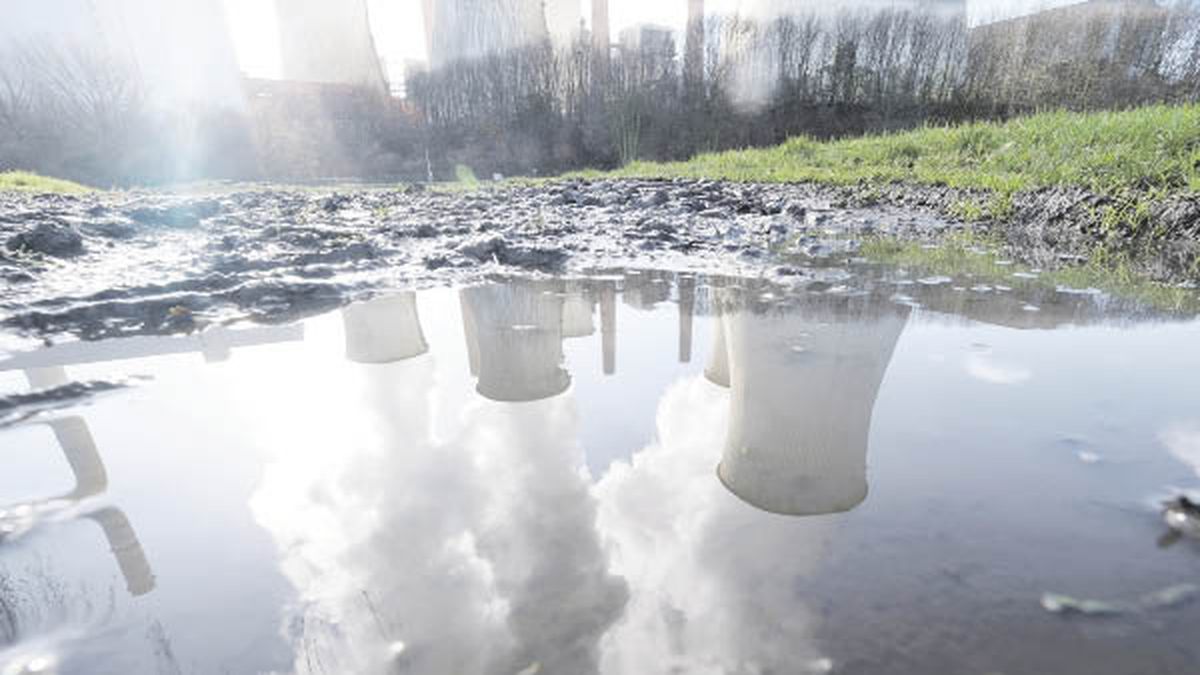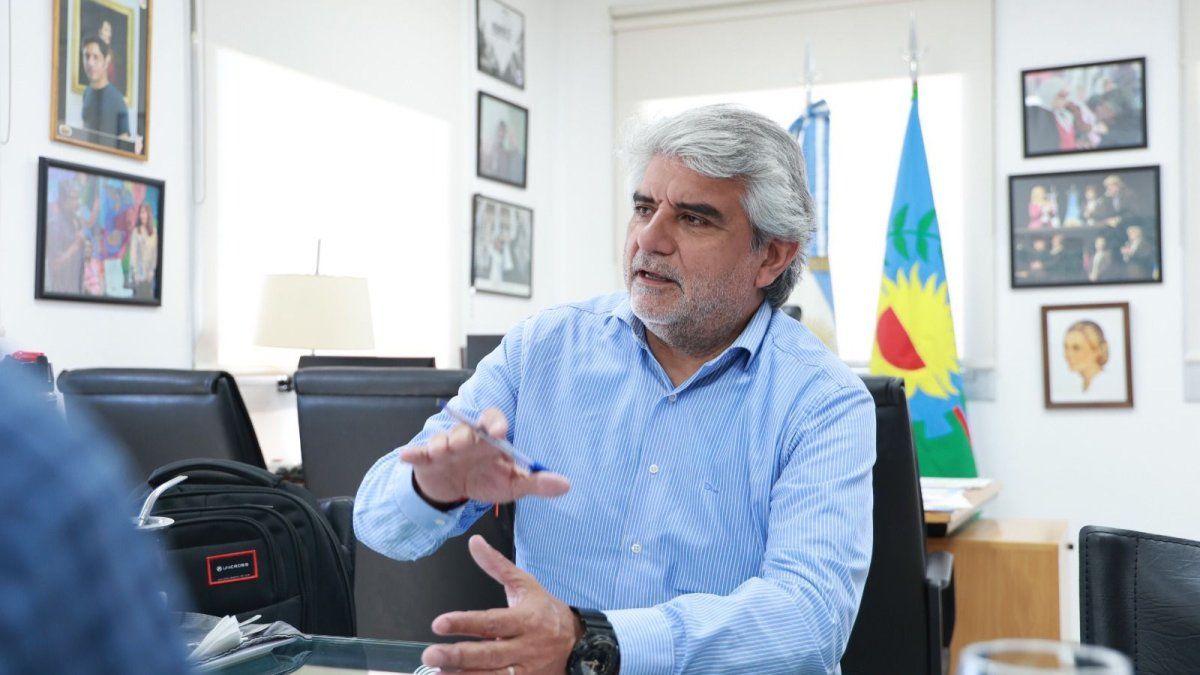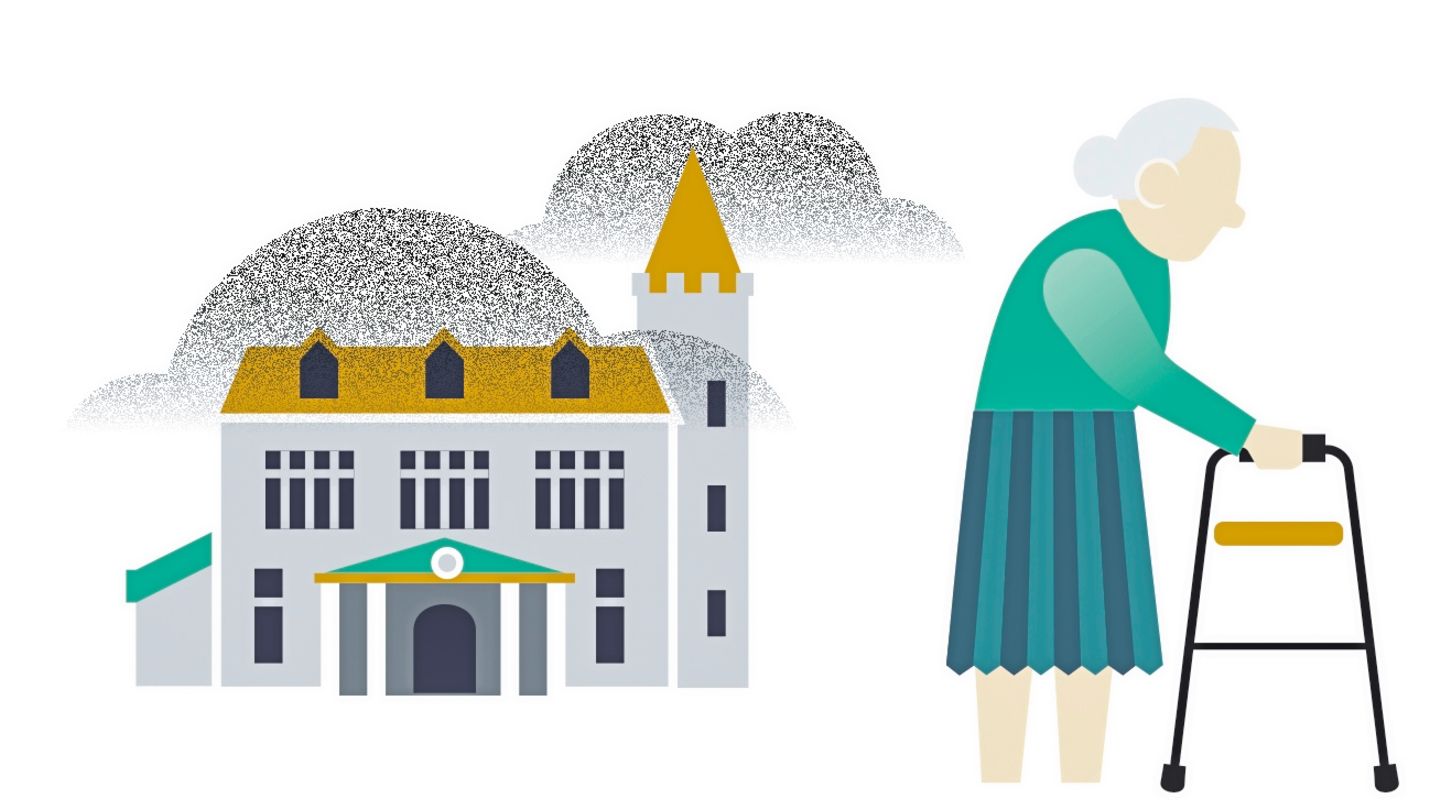For Engelke, head of the centennial family business Hans Engelke Energie, “the holidays will have to wait.” Now you have to take orders, organize the deliveries in truck – it has already scheduled until October – and prepare the product for those who go directly to buy their warehouse.
On a hot August day, weigh and coal embolsa in the midst of the dust and the noise of its filling machine and then place the bags on platforms.
In Berlin, between 5,000 and 6,000 homes are still heated with coal, a tiny fraction of the 1.9 million that make up the housing park. These are generally older people, sometimes totally dependent on this fuel and living in old houses that were never renovated. Or, from lovers of intense heat emanating from ancient stoves. However, this year, new customers have arrived “in mass”, says Engelke, whose small company also sells pellets (wood granulated fuel) or fuel oil.
Now, “those who normally use gas but still have a stove at home, want coal,” a phenomenon, according to him, generalized throughout Germany.
Testimony
Jean Blum is part of that group. “I am buying coal for the first time in many years,” says the 55 -year -old man, beard and white hair, while he loads 25 kilos bags full of black rock in his trailer.
Since he started having gas at home, he turned on the stove occasionally, and only with wood, he explains. But with the rise in the price of gas, which will be exacerbated from October, when operators can download the rise in energy prices in consumers, he wants to make sure to be well pertrened. “Even if it’s bad for health, it’s always better than going cold,” he says.
Although the price of coal has also climbed 30%, it is still cheaper than wood, whose prices have doubled.
Boom
Black fuel is experiencing a boom in the country. The Government has already decided to increase the use of electrical plants to respond to the enormous needs of the industry. And this, although, as Foreign Minister Olaf Scholz recently declared, does not give up his goal of abandoning that polluting energy in 2030 and excludes “a resurgence of fossil energies, in particular, of coal.”
But with the appearance of all these new private clients, it is difficult to respond to high demand and many small coal merchants from the capital have nothing to sell.
“We produce at full capacity during the summer (Boreal), with three shifts, seven days a week,” says company spokesman Leag, Thoralf Schirmer, located in the Lusacia Mining Basin (East).
The other factory that supplies the market in Germany, based in the RIN basin, will stop producing at the end of the year, further reducing the offer at a time when Vladimir Putin has already partially closed the gas tap to Germany.
“I’m a bit afraid of winter,” admits Frithjof Engelke. These days, people seem reassured when they learn they’ll have to wait at least two months before receiving their order, he says. “Things will be different when it starts to be cold outside,” he says.
AFP Agency
Source: Ambito
David William is a talented author who has made a name for himself in the world of writing. He is a professional author who writes on a wide range of topics, from general interest to opinion news. David is currently working as a writer at 24 hours worlds where he brings his unique perspective and in-depth research to his articles, making them both informative and engaging.




